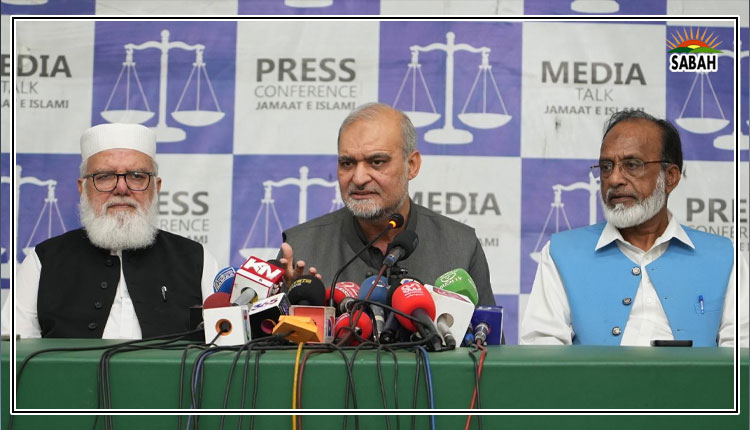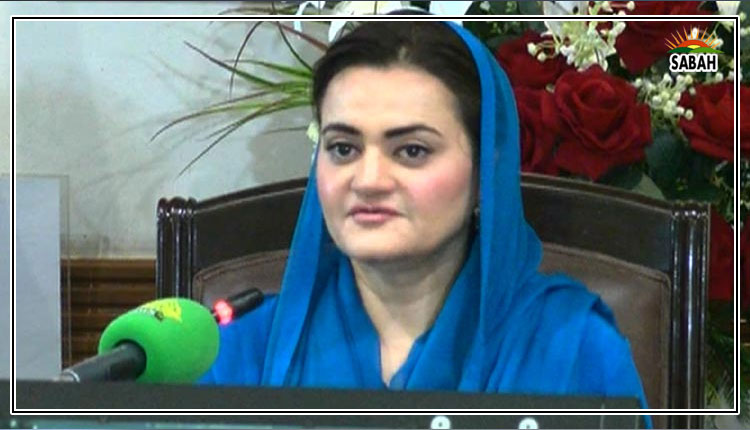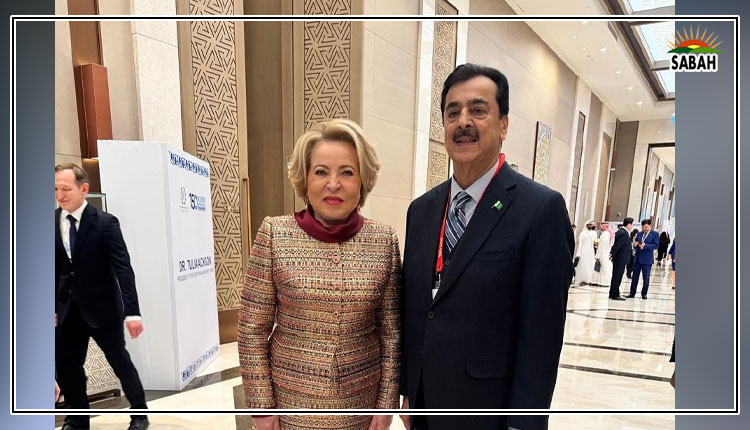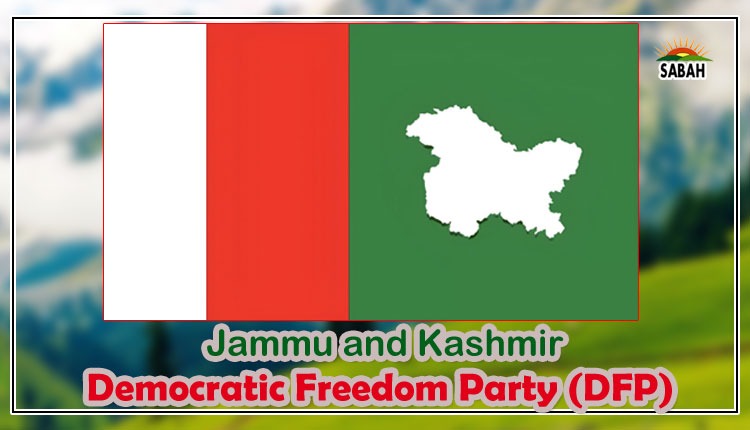IHC Justice Miangul Hassan Aurangzeb grants bail to Imran Khan in new Toshakhana case
ISLAMABAD, Nov 20 (SABAH): The Islamabad High Court (IHC) on Wednesday granted bail to incarcerated former premier Imran Khan in new Toshakhana case.
IHC’s Justice Miangul Hassan Aurangzeb accepted Imran Khan’s bail plea against two surety bonds worth Rs1 million each, which must be submitted by separate guarantors.
The judge also ordered the PTI founder to appear before the trial court after bail, warning that the bail could be revoked if Imran Khan did not cooperate with the court during the trial.
PTI founder is no longer wanted in any other case within Islamabad’s jurisdiction following the latest development.
Imran Khan and his wife, Bushra Bibi, were apprehended in the case on July 13, following their acquittal in the Iddat case the same day.
While Bushra Bibi had secured bail in the case from the IHC last month, allowing her to be freed from jail, the PTI founder has remained incarcerated since his arrest on August 5 last year in a separate Toshakhana case.
In the most recent case, the Federal Investigation Agency (FIA) accused the couple of retaining an expensive Bulgari jewellery set gifted by a foreign leader — including a necklace, earrings, bracelets, and rings — at a low price, saying it caused significant loss to the exchequer.
In September, Special Judge Central Shahrukh Arjumand had set the couple’s indictment in the case for October 2. However, it was deferred to October 5 on the defence counsel’s request for more time. A day prior to that, Judge Arjumand had rejected their post-arrest bail petitions.
On Oct 24, a day after the IHC approved her bail plea in the case, Bushra was released from Adiala Jail.
In its reference filed with the court, the National Accountability Bureau (NAB) has accused Imran and his wife of illegally retaining the jewellery set gifted to Bushra by the Saudi royal family during their visit to the kingdom in May 2021.
In its reference, the anti-graft watchdog further alleged that during his term as prime minister, Imran and his wife had received a total of 108 gifts from different heads of state and foreign dignitaries.
Of those gifts, they allegedly retained 58 gifts against an undervalued amount of over Rs142m. “Out of these 108 gifts, the accused persons retained 58 gift boxes/sets against an undervalued amount of Rs142.1 million as assessed by appraisers,” the reference said.
After the Supreme Court upheld amendments to NAB laws in September, the case was transferred to an FIA special court from an accountability court.
FIA Prosecutor Umair Majeed Malik said during Wednesday’s hearing that the media was already reporting that bail would be granted no matter what the court decided to which Justice Aurangzeb told him to distance himself from what the media said.
As Imran’s counsel Barrister Salman Safdar briefed the court on the Bulgari set, he was asked how the price of the jewellery set was estimated to which the lawyer said that the prosecution would inform about this in court.
Justice Aurangzeb then asked whether the receipt had the name of Bushra Bibi or Imran, to which Safdar replied that it was in the former’s name. He noted that Sohaib Abbasi was made a sworn witness in the case, while Inamullah Shah was made a witness by the prosecution and was not a sworn witness.
Barrister Safdar said that all prosecuting agencies in Islamabad were involved in the case, including NAB, FIA, police, and the Election Commission of Pakistan (ECP).
“The police have also made a case of the fake Toshakhana receipt,” he said. Safdar added that the Kohsar police station had registered a case related to the receipt.
He informed the court that Bushra Bibi was granted interim bail by Justice Afzal Majoka and hoped that Justice Aurangzeb would give his decision soon.
The FIA prosecutor argued that the Bulgari jewellery set was not deposited in the Toshakhana and alleged that its undervaluation caused financial harm to the state.
Justice Aurangzeb asked how the PTI founder benefited from the undervaluation, to which the prosecutor responded that his wife’s gain inherently benefited him as well.
Justice Aurangzeb dismissed this logic, questioning such assumptions. “My wife’s things are not mine. I don’t know what year are we living in.”
Barrister Safdar defended his client by stating that all gifts were acquired under the Toshakhana policy of 2018, and the valuation was conducted according to the law.
He added that payments were made as per the policy, and no wrongdoing was evident. Justice Aurangzeb noted that the previous government had withheld Toshakhana details, despite inquiries from the court.
The prosecution highlighted the conduct of the accused during trial proceedings, alleging delay tactics.
The FIA prosecutor presented evidence that Abbasi had submitted an apology for undervaluing the set, which was accepted by the NAB chairman.
The defence, however, criticised the expedited manner in which the FIA had filed its challan, stating that essential aspects of the investigation were overlooked.
As the hearing progressed, the court observed that the Toshakhana case had faced significant delays, with over three years passing before its registration.












